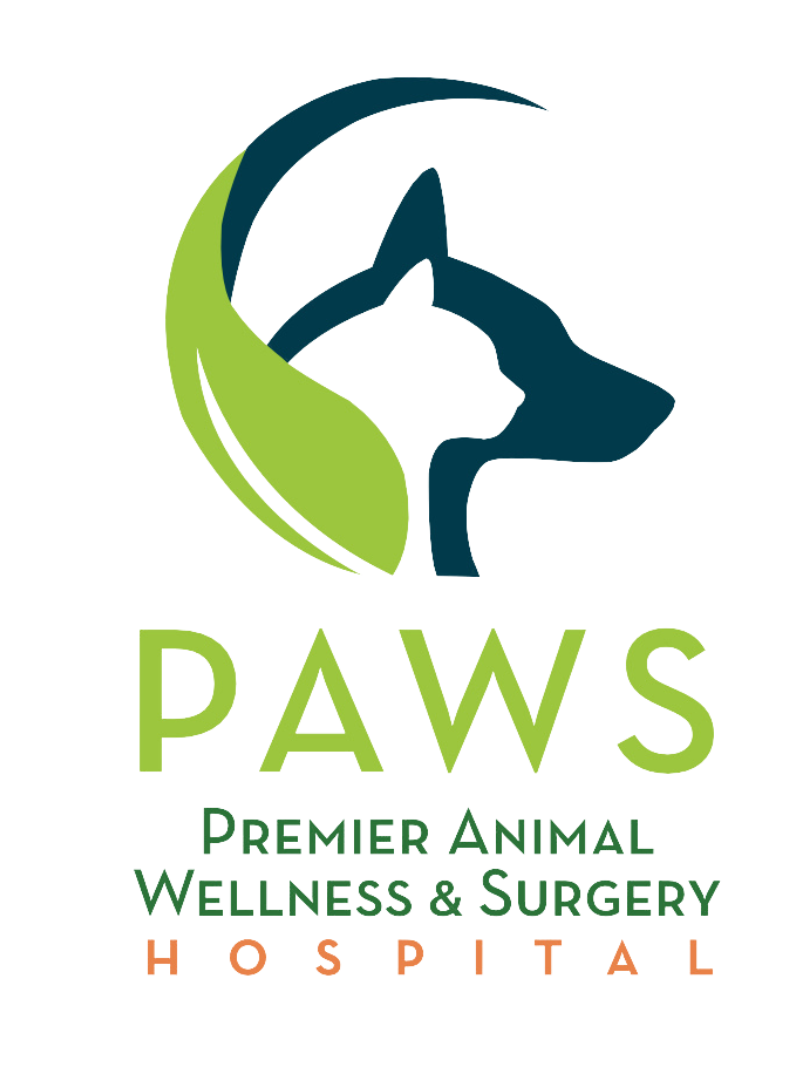How to Avoid an Emergency Vet Visit this Thanksgiving.
Recognize and avoid these four holiday hazards to keep your pet out of the emergency room this Thanksgiving!
1. Bones
Dr. Andrea Harl of Premier Animal Wellness and Surgery in Broken Arrow, Oklahoma, strongly advises NOT to give your dog or cat animal bones, especially turkey or pork bones, which addition to lodging in the throat, can splinter and penetrate your pet’s intestines, potentially causing a fatal infection.“
Around big holidays like Thanksgiving, we see a ton of pets—especially dogs—present with acute abdominal pain. When we take radiographs (x-rays) we sometimes find shards of bone perforating the small intestine, which means emergency surgery to save the pet’s life. Clients tell us a family member must have fed the pet, or the pet knocked over the trash and got into leftover bones.”
Dr. Harl advises, “Tell guests not to feed your pet leftovers or bones, and ask for their help in keeping your pet safe by making sure kids don’t feed them, either. After the meal, bag up trash and place it out of reach. If your pet is really stubborn about begging, you may need to keep them out of the dining area altogether.”
2. Gastric upset from table scraps
Bones aren’t the only thing that can make your pet sick. Any sudden change in diet can cause a shift in GI microflora—the tiny microbes that aid in digestion and maintain normal gut environment. “Microbes keep the intestines healthy, and new or strange foods can disrupt the gut biome and cause problems,” says Dr. Harl.
Foods like mashed potatoes, gravy, dressing, and casseroles may also contain milk and other ingredients dogs can’t digest, leading to gas, vomiting, or diarrhea.
To be on the safe side, Dr. Harl recommends not feeding table scraps to your dog or cat. If you want to give them something special, offer Lean Treats(available from your vet)or cooked plain green beans, which are low in fat and are easy to digest.
3. Pancreatitis
The pancreas is a small organ with several big jobs—one of which is secreting enzymes into the stomach and small intestine that help break down fats. A high-fat meal, such as ham or turkey fat, can send the pancreas into overdrive, where the powerful enzymes essentially attack the pancreas itself, causing inflammation. The result: Intense pain, inflammation, fever, inappetence, vomiting, and shock.
“Inflammation of the pancreas is absolutely an emergency,” says Dr. Harl. “patients with pancreatitis need to be hospitalized on fluids and carefully monitored. Even then, some end up with scarring, pancreatic insufficiency, and digestion problems the rest of their lives.”
While your furbaby may tell you they love ham, resist their begging to keep them safe!
4. Kennel Cough and Respiratory Diseases
Dr. Harl says another common cause of emergency visits around the holidays is Kennel Cough, a bacterial infection transmitted by close contact between dogs at boarding facilities, dog parks, and daycares. The primary sign of kennel cough is a distinctive, hacking cough that sounds a bit like choking.
“What we think of as Kennel Cough is really a complex mix of diseases, some bacterial and some viral,” says Dr. Harl. “We vaccinate for the most common ones like Bordetella and Canine Influenza, which does a great job of keeping most dogs safe. Good boarding facilities require Kennel Cough and Flu boosters, but people forget to update vaccines before they bring their dogs to family gatherings. We see sick animals around the holidays where the only exposure was from visiting family with pets. Usually, they respond to symptomatic treatment plus or minus antibiotics. But sometimes Kennel Coughbecomes pneumonia.”
If you plan to board, groom, or travel with your pet, the best time to booster is 2 to 3 weeks prior so your pet’s immune system can build up antibodies to fight possible exposure.
We hope this helps you recognize and avoid four common hazards that lead to emergency veterinary visits at Thanksgiving and other holidays. Thanks for reading, and for helping us keep your furbaby healthy all year round!

